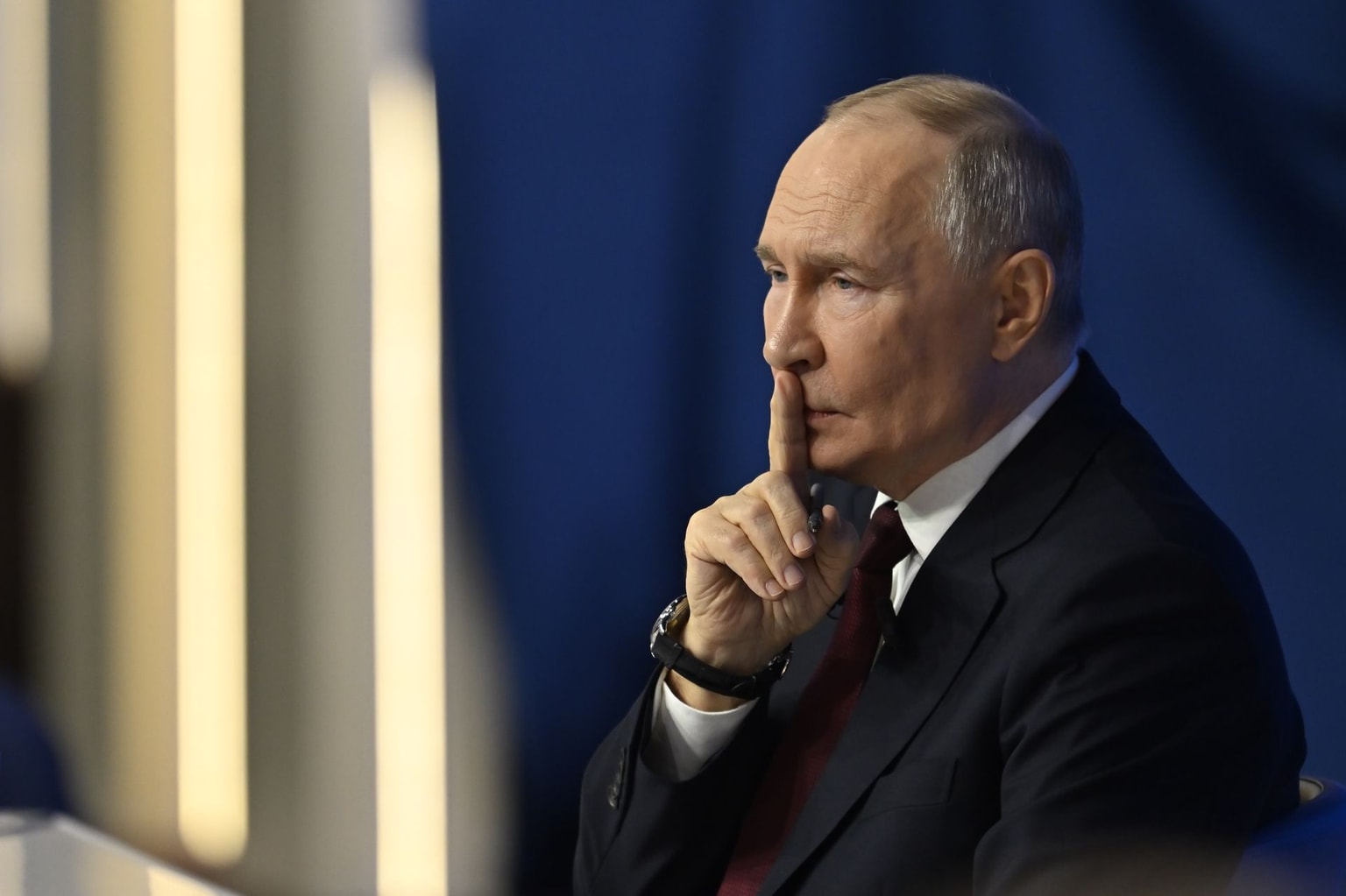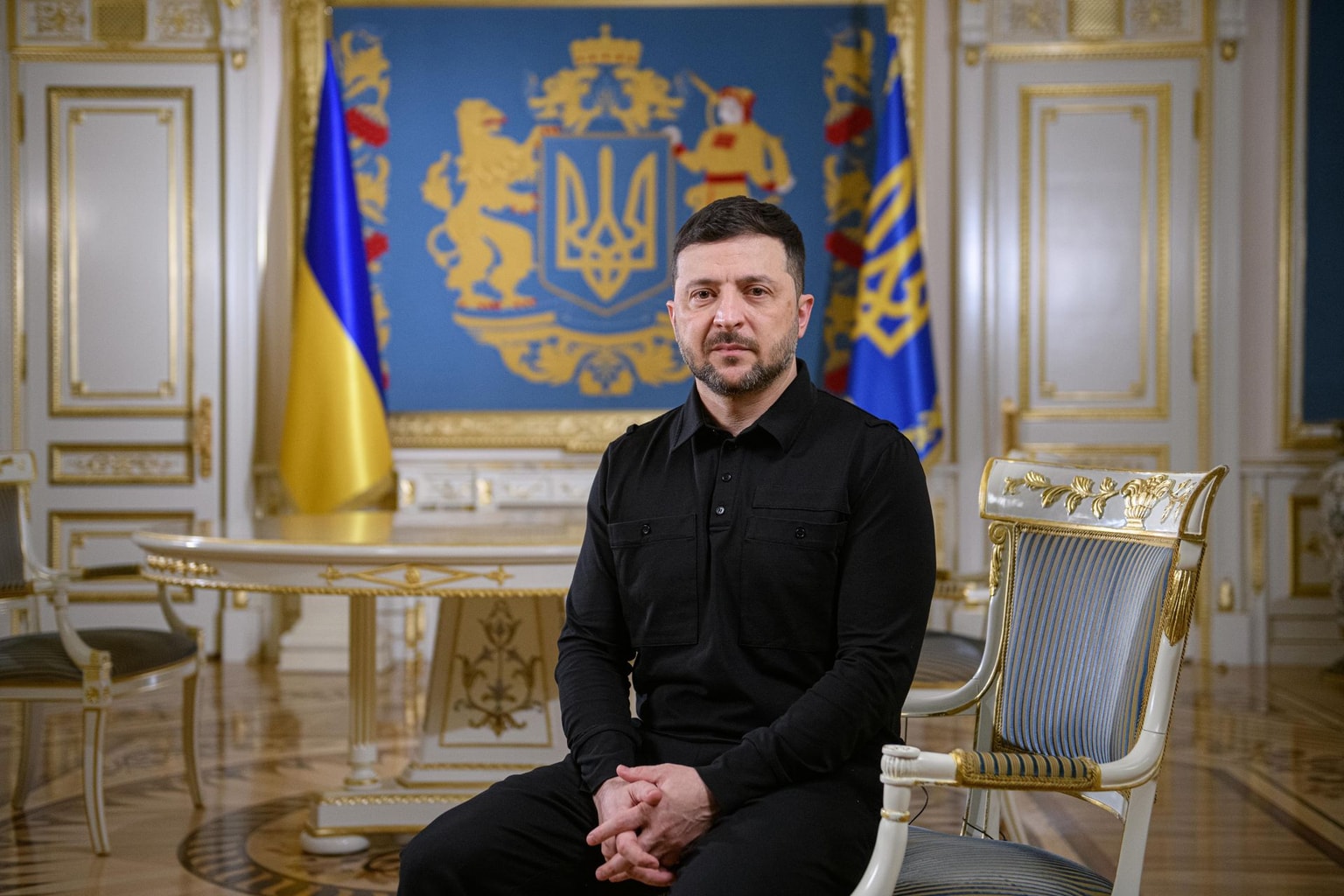Canada relocates embassy to western Ukraine amid growing threats of further Russian invasion, others may follow

Canadian embassy will relocate to Lviv, a city 530 kilometers west of Kyiv, amid the growing threat of a further Russian invasion, Canadian Foreign Minister Melanie Joly said on Feb. 12.
“Given the continued deterioration of the security situation, we will be moving our operations to a temporary office in Lviv and temporarily suspending operations at our embassy in Kyiv,” Joly said in a statement on Feb. 12.
Other embassies may be following suit but are yet to announce it publicly.
Several media outlets have reported that the U.S. embassy was evacuating from Kyiv. The U.S. State Department ordered the departure of most direct-hire employees of the U.S. embassy in Kyiv.
“As of Feb. 13, the Department of State will suspend consular services at the U.S. Embassy in Kyiv. The Embassy will maintain a small consular presence in Lviv to handle emergencies, but will not be able to provide passport, visa or routine consular services,” the official statement by the State Department said.
According to the Kyiv Independent sources not authorized to speak to the press, several ambassadors of the NATO member countries are set to relocate to Lviv within days.
Meanwhile, ambassadors of the U.K. and Germany have publicly said on Feb. 12 that they were staying in Kyiv.
https://twitter.com/MelSimmonsFCDO/status/1492402291734888449
According to U.S. Secretary of State Antony Blinken, a full-scale Russian invasion may begin at any moment.
"As we've said before, we're in a window when an invasion could begin at any time -- and to be clear that includes during the Olympics," Blinken said on Feb. 11.
The 2022 Winter Olympics will conclude on Feb. 20. Earlier reports suggested that the invasion was unlikely to take place during the Olympics, hosted by China, a partner of Russia.
"And we've also been very clear that any American citizens who remain in Ukraine should leave now," Blinken added.
U.S. President Joe Biden and French President Emmanuel Macron held separate telephone conversations with Russian President Vladimir Putin on Feb. 12. Both Western leaders tried to dissuade Putin from a deeper military invasion of Ukraine.
Biden, who spoke with Putin for about an hour, had a direct message to his Russian counterpart: A further invasion of Ukraine will make the U.S. and its allies “respond decisively and impose swift and severe costs on Russia.”
Ukraine's President Volodymyr Zelensky also spoke to Macron and Canada's Prime Minister Justin Trudeau late on Feb. 12.
Western countries, including the U.S. and the U.K., made it clear that any invasion by Russia would lead to immediate sanctions against the country.
The U.K. Prime Minister Boris Johnson said on Feb. 1 that his country would impose sanctions on the Kremlin “the moment the first Russian toecap crosses further into Ukraine.”
During his joint press conference with Zelensky, Johnson said that there would be “automaticity in how we apply these sanctions,” meaning that sanctions would be applied “the minute” there is a further incursion into Ukrainian territory.
Ukrainian officials have been urging Ukrainians to remain calm among the growing threats of a possible all-out war. According to Ukrainian officials close to the president’s office, the country has all the required intel and is ready for all possible scenarios.
Prime Minister Denys Shmyhal addressed the nation on Feb. 12, urging Ukrainians to not panic.
“Panic destroys states faster than tanks and guns,” said Shmyhal. He added that the Ukrainian army and international support are strong, while the country’s economy will withstand any threat.










